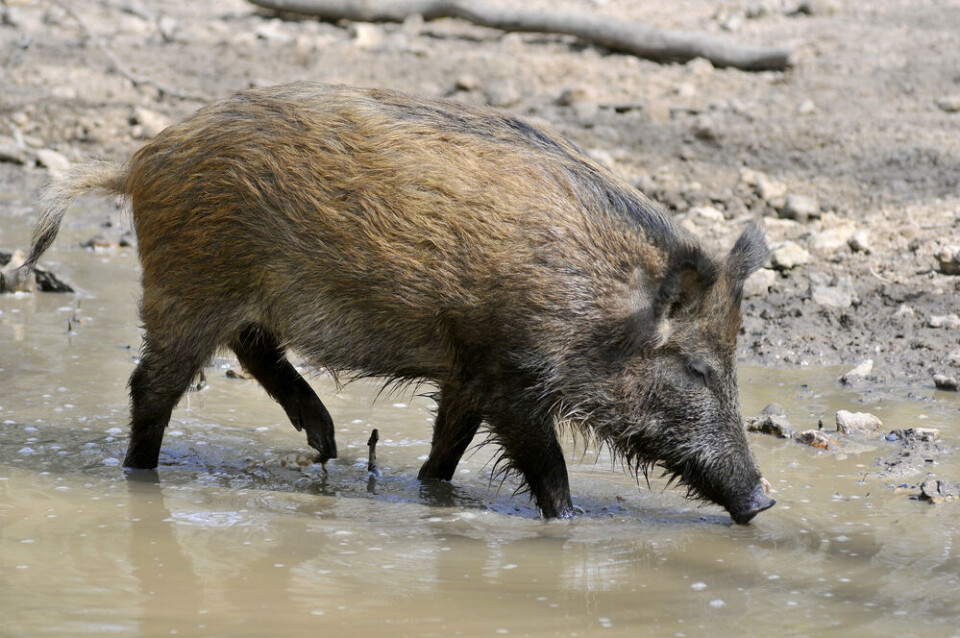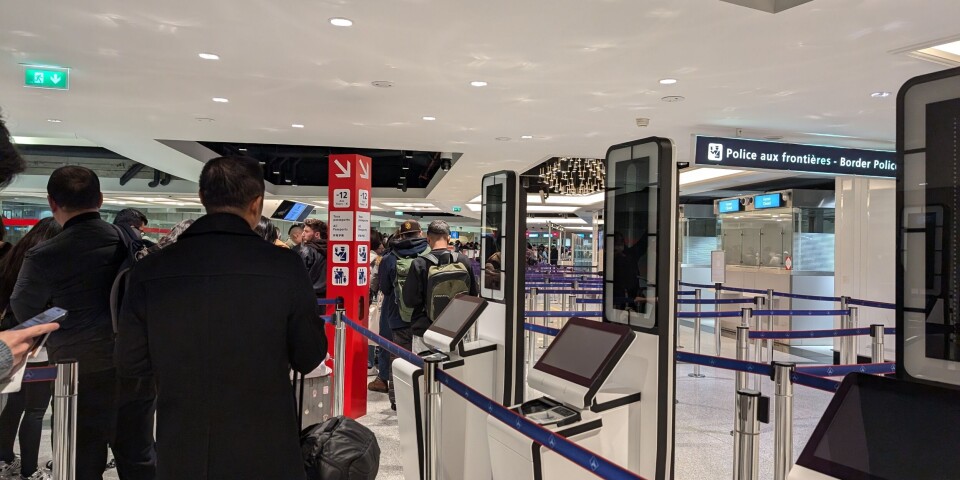-
Drive to bring 100% fibre coverage to Brittany
Copper-based internet is being phased out even on remote islands
-
Warm days ahead: French weekly weather outlook March 31 - April 4
Temperatures of 20C are expected towards the end of the week across France
-
Second runway at Bordeaux airport likely to be renovated not closed
Move may lead to backlash from local people who are unhappy due to the noise levels
Farmers plead for help over increase in boars in south-west France
The hunting period has been extended due to the animals’ growing population

Farmers in the south-west are appealing for more action to protect their land from damage caused by wild boars, which is becoming far more common due to the animals’ growing population.
Jean-Luc and Corinne Maurel launched the appeal after wild boars devastated nine hectares of land on their dairy farm in Lherm (Lot).
“Ten years ago boars never turned-up the fields, but for the past seven or eight years it has been getting worse and worse,” Mrs Maurel told France 3.
Read more: How can I keep wild boar away from my property?
“We are losing land in terms of both quantity and quality,” she said. “Across all of our fields, we have easily lost around 60 to 70 bales of hay, which represents a whole truckload that will have to be paid for in compensation”.
Compensation claims
Wild boars caused a total of €800,000 of damage to farmland in the Lot in 2023. This is paid for via compensation claims to the departmental hunting federation after approval from the national body l’Office National de la Chasse.
This curious system is a reflection of hunters’ role as a public service of sorts in managing the wildlife population in order to protect biodiversity. The state pays the national hunting federation €10m each year - representing around €10 per hunter - for it to perform this role.
However, Michel Bouscary, the president of the Lot hunting federation says that the compensation claims are putting increasing strain on hunters.
“We have never seen anything like it,” he told France 3. “All the money paid out to farmers is coming from hunters and we can’t pay it any more!”
The Federation Nationale de Chasseurs reports that compensation claims have tripled in the past 30 years while the number of hunters has decreased by 30%. This means that per hunter, the costs have increased five-fold.
In 2015, the Office National de la Chasse investigated 37,000 compensation claims. By 2020, the number had grown to 50,000 claims for an estimated €35m in damage to farmland.
Both hunting groups and farmers’ unions are demanding a reform to the system of compensation.
An extended hunting season
In response to the farmers’ concerns, the departmental prefect, Claire Raulin, has extended the hunting season, which was due to end on February 29.
Ms Raulin said in a tweet that the prefecture is “working to introduce measures to allow year round hunting for boars”.
Ces échanges ont permis de progresser sur les mesures supplémentaires qui peuvent être prises pour faire face à cette situation.
— Préfète du Lot 🇫🇷 (@Prefet46) February 14, 2024
↗️ la capacité de chasse tout au long de l’année
👉développement du piégeage
En ➕ de la possibilité de battues administratives
📷: FDSEA du Lot pic.twitter.com/Uk3YruaWqA
Why are there so many wild boars?
Despite the reintroduction of wolves and bears, there are still few natural predators in France.
According to Raphaël Mathevet from the Centre national de la recherche scientifique, the CNRS, the number of wild boars has increased dramatically over the past 50 years. There are more than a million present in France today.
Where in 1970, hunters killed 35,000 boar; by 2021, they killed 800,000. In addition to damage to farmland, wild boar are responsible for over 30,000 car accidents each year
“The elimination of predators such as wolves and lynxes in the first half of the 20th century is only part of the reason [for wild boar’s increase],” Mr Mathevet told France 3. “Farmers also stopped using land that was less fertile or inaccessible, meaning it was reclaimed by forests, which are the hideouts and food sources for boars.”
Read more
What to do if you cross a boar while out walking in France?
New bid to ban hunting in France on Sundays and within 3km of homes
Hunting season opens in many areas of France: what's good to know
























